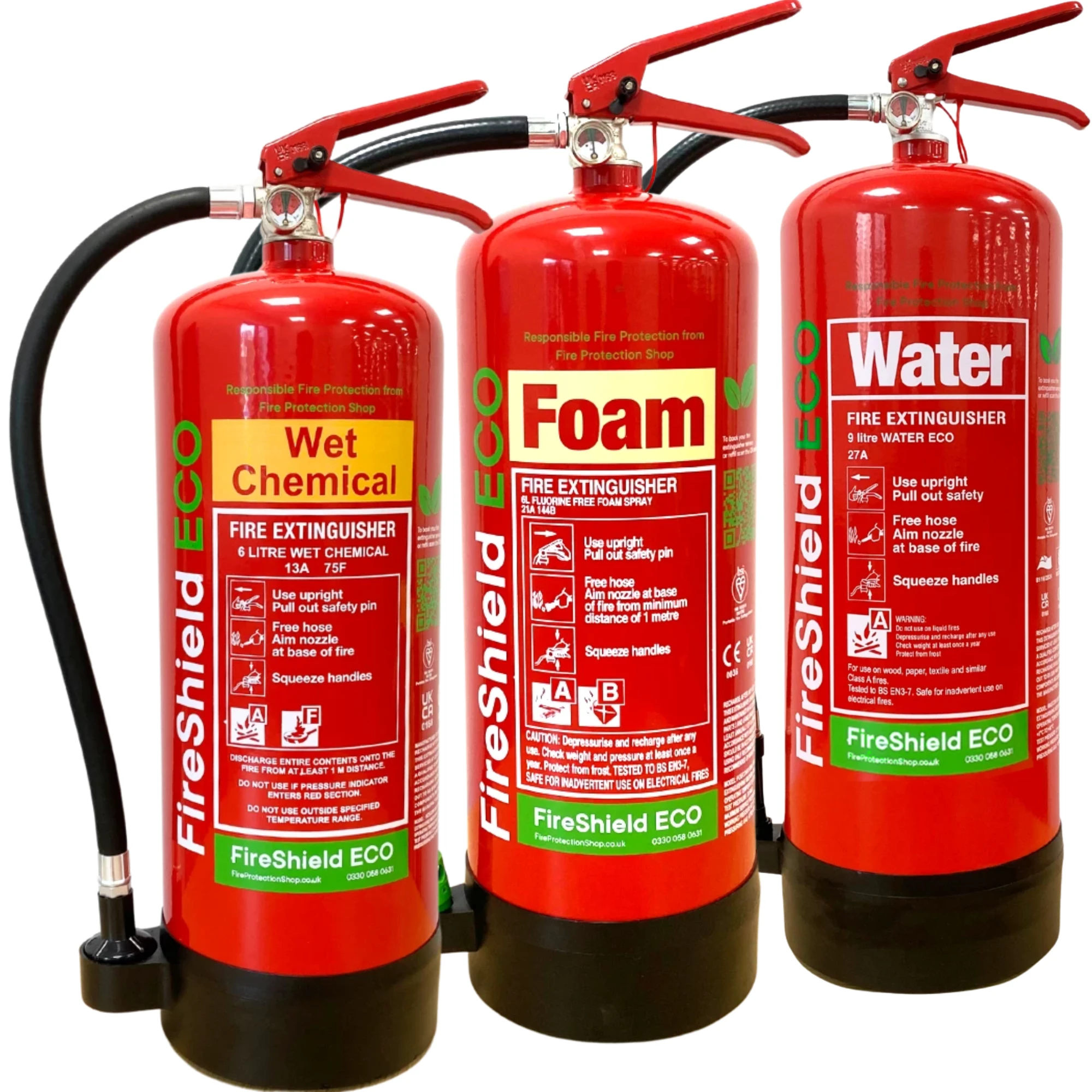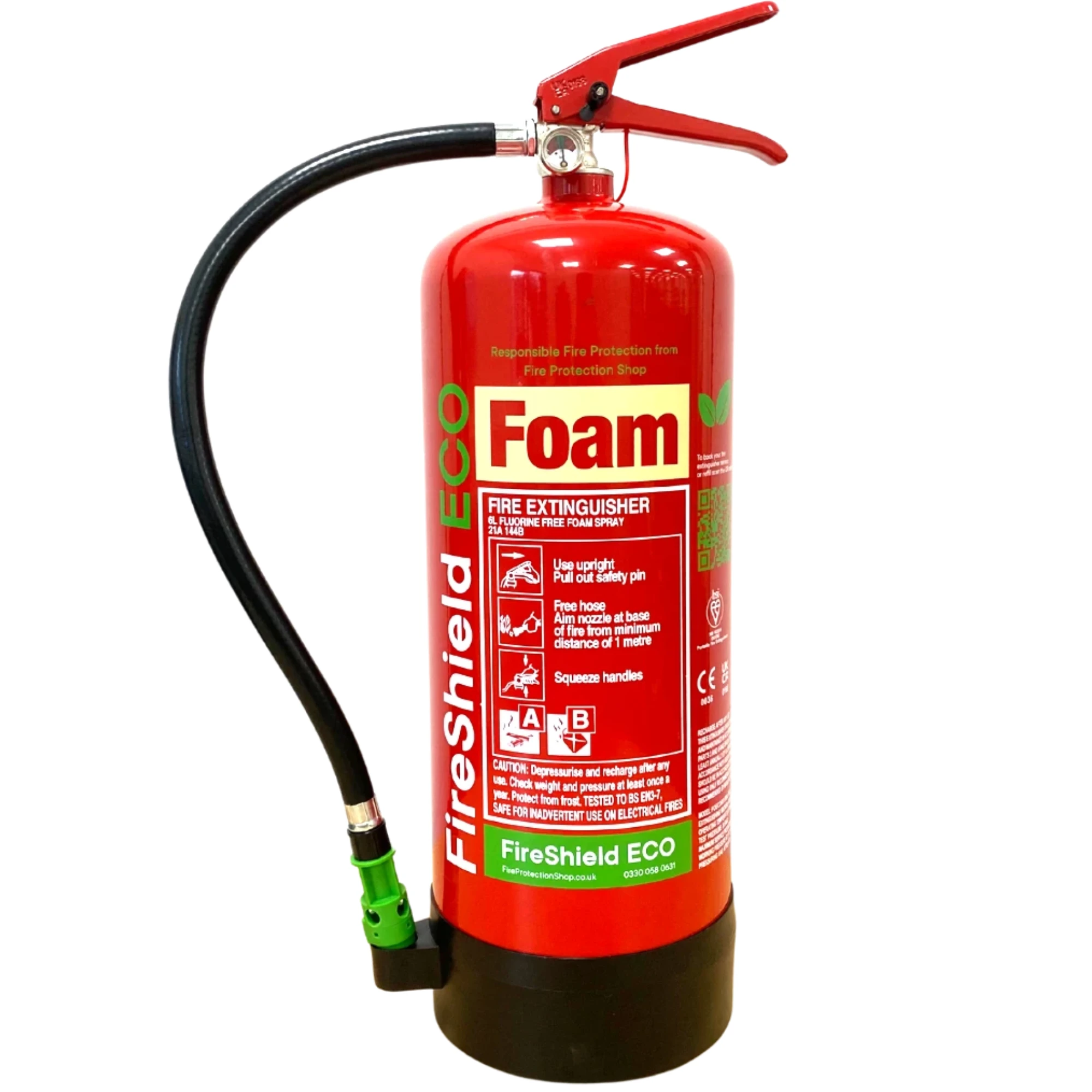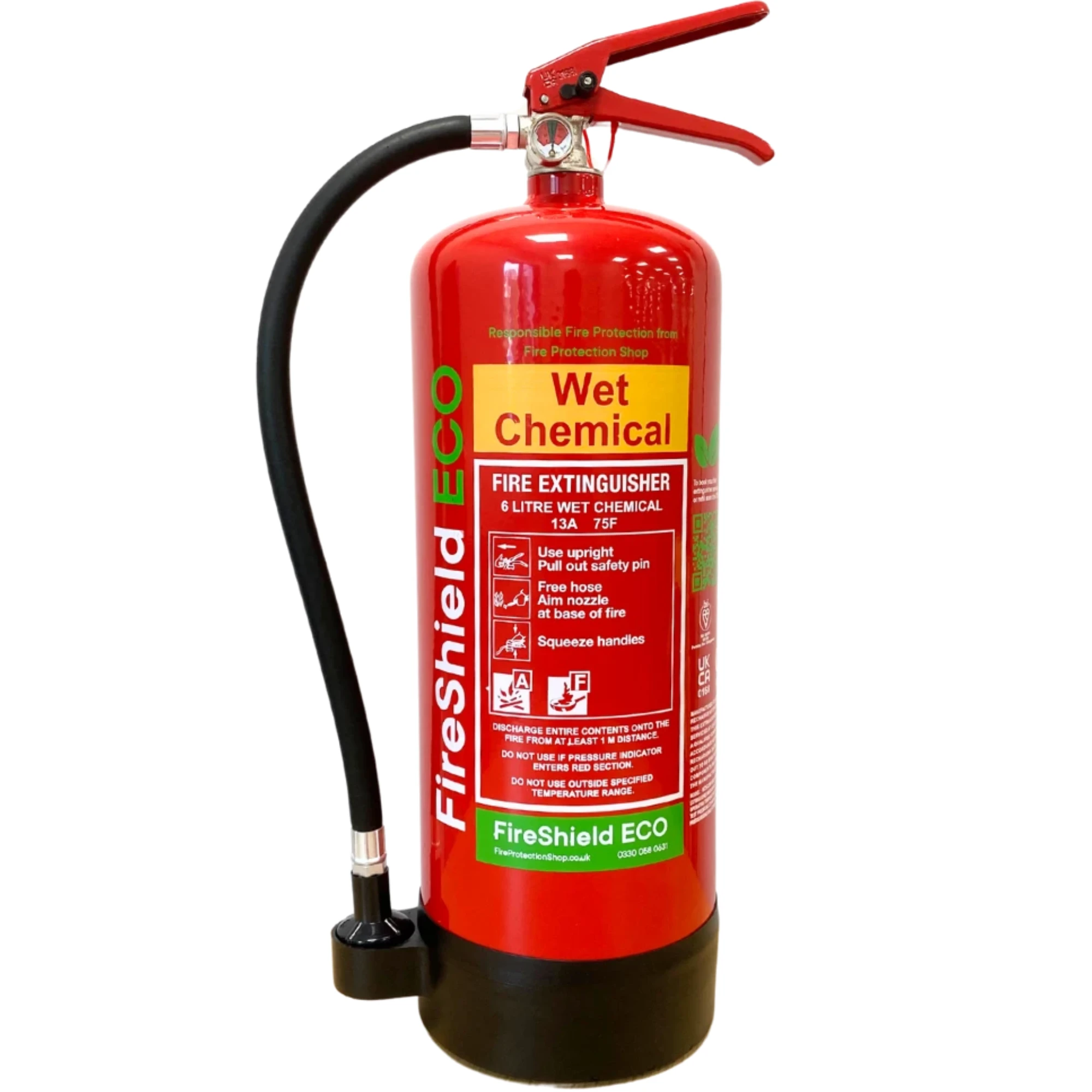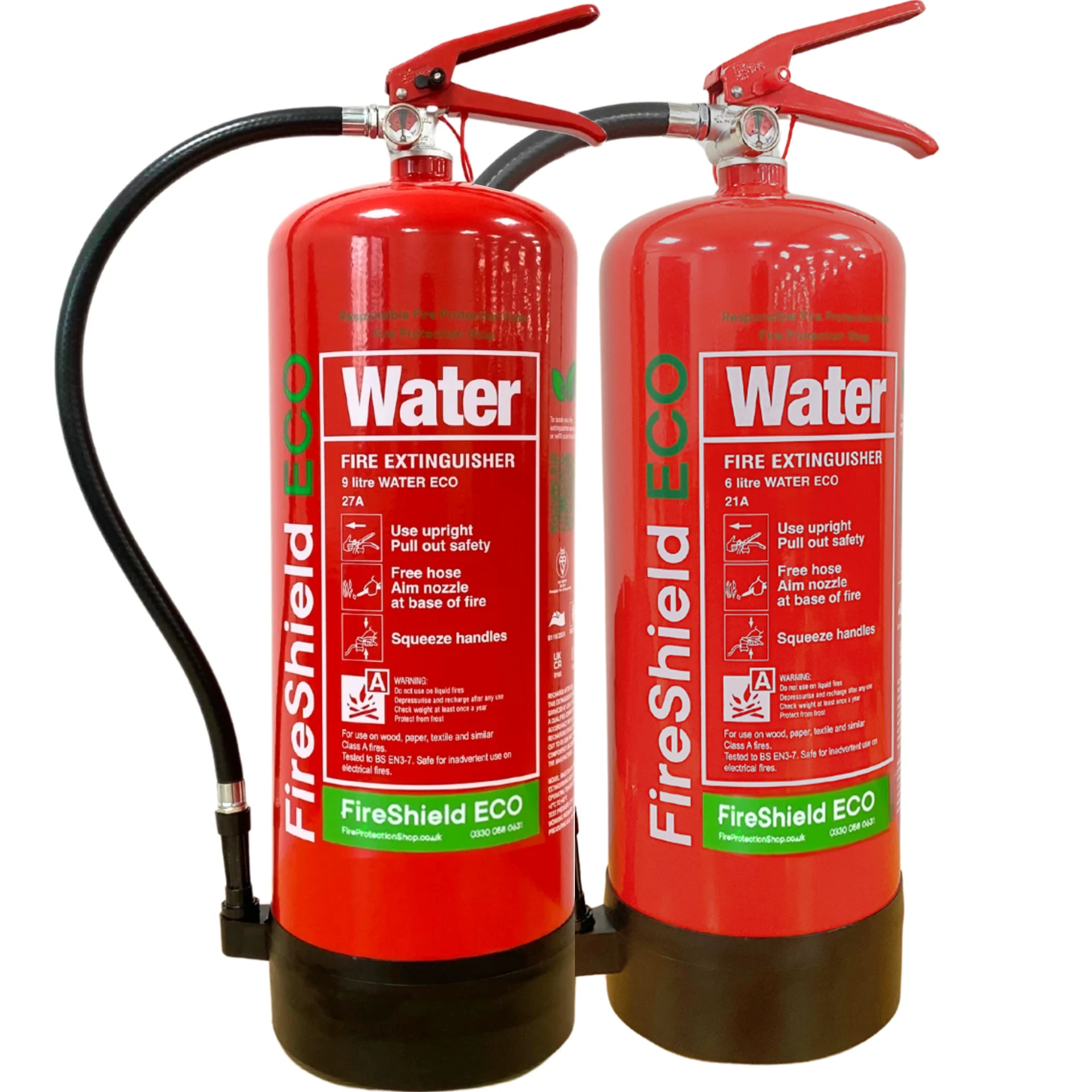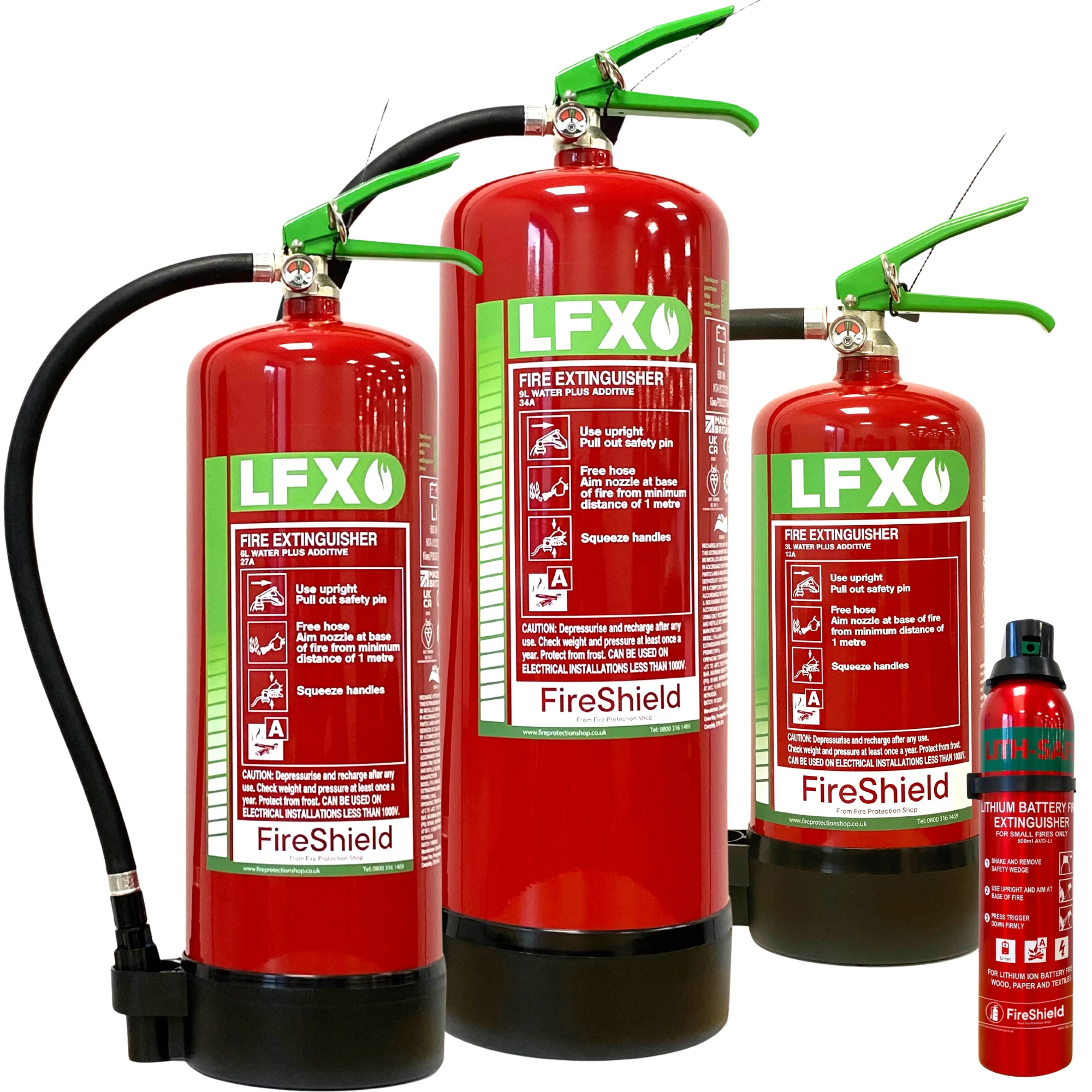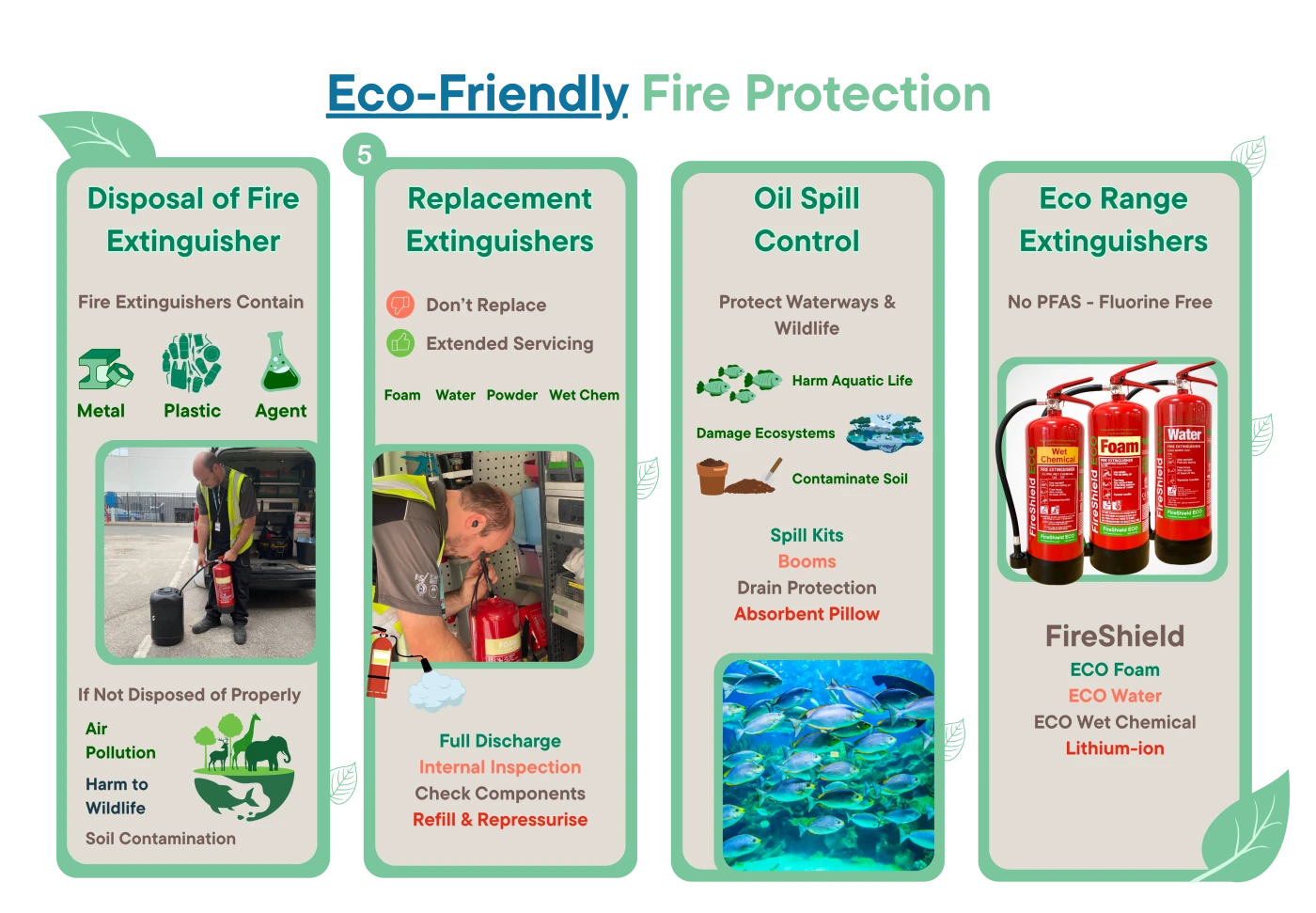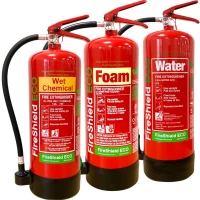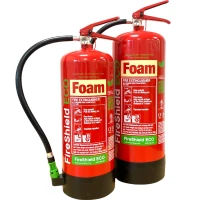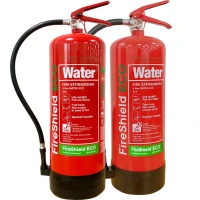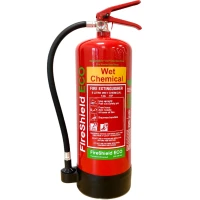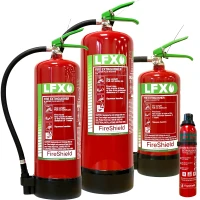
Need assistance?
Need Assistance? Call Us 0330 058 0631





















 Book a service
Book a service



Protect the environment through safe, compliant, and eco-conscious practices
Shop Fluorine-free ExtinguishersUsing Fire Protection Shop for fire extinguisher disposal helps protect the environment through safe, compliant, and eco-conscious practices. Fire extinguishers contain metals, plastics, and chemical agents that can harm the environment if not handled correctly.
Fire Protection Shop ensures that these materials are safely separated, with metal cylinders and plastic parts recycled and chemical agents either neutralised or reused. Our trained professionals manage hazardous, pressurised contents responsibly, preventing air pollution, soil contamination, and harm to wildlife, all while following strict UK environmental regulations.
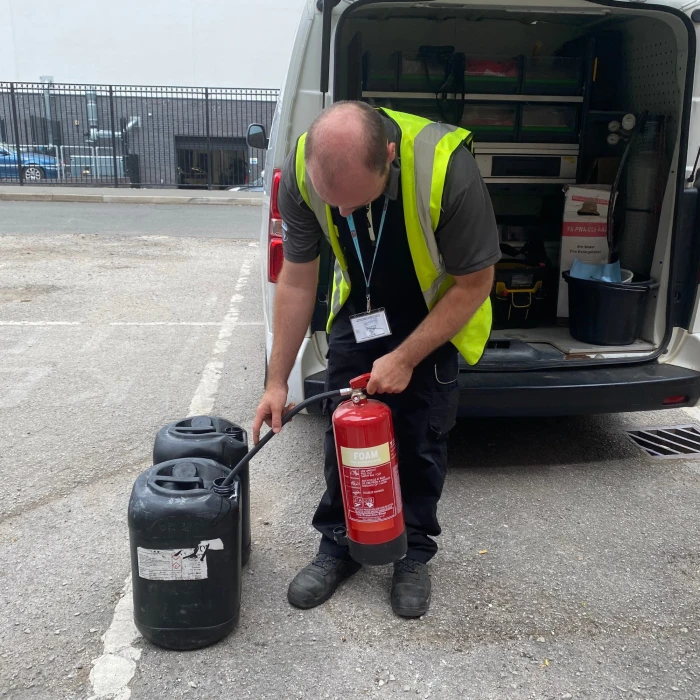
According to British Standards, most fire extinguishers, including foam, water, powder, and wet chemical types, require an extended service at their five-year mark. This is with the exception of carbon dioxide units. This service involves fully discharging the extinguisher to check that it functions properly and to allow for a thorough internal inspection.
During the process, key components like sealing parts are replaced, and the extinguisher is refilled with fresh extinguishing agent. If it passes all safety checks, the unit is certified for continued use. So, instead of replacing extinguishers simply because they're five years old, you can have them professionally serviced by Fire Protection Shop and safely returned to service, saving money and reducing waste.
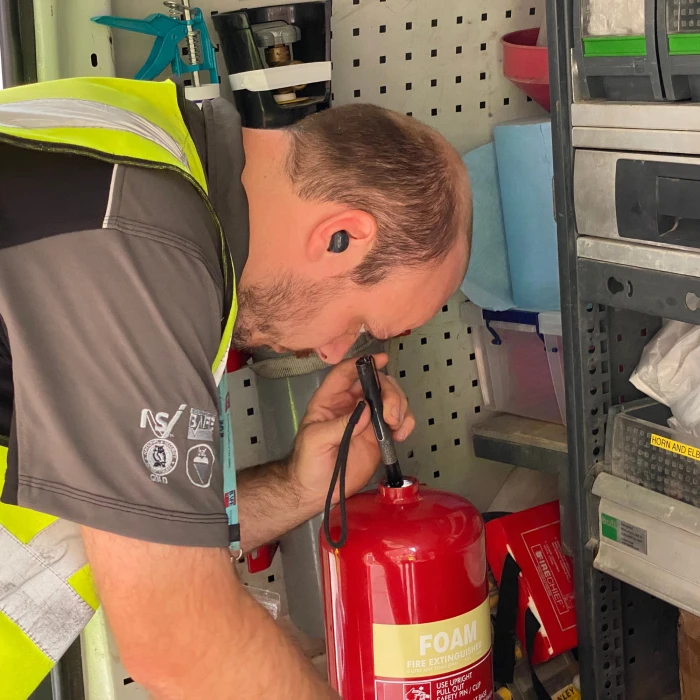
Preventing oil from entering watercourses is critical to protecting the environment, as even small spills can cause significant harm to wildlife and ecosystems. Effective oil spill control involves using containment and absorbent solutions such as spill kits, booms, and drain protection. These tools help stop oil at the source, preventing it from spreading or seeping into drains, rivers, or groundwater.
By acting quickly and using the right spill control products, you can significantly reduce the risk of environmental damage and ensure compliance with environmental regulations.
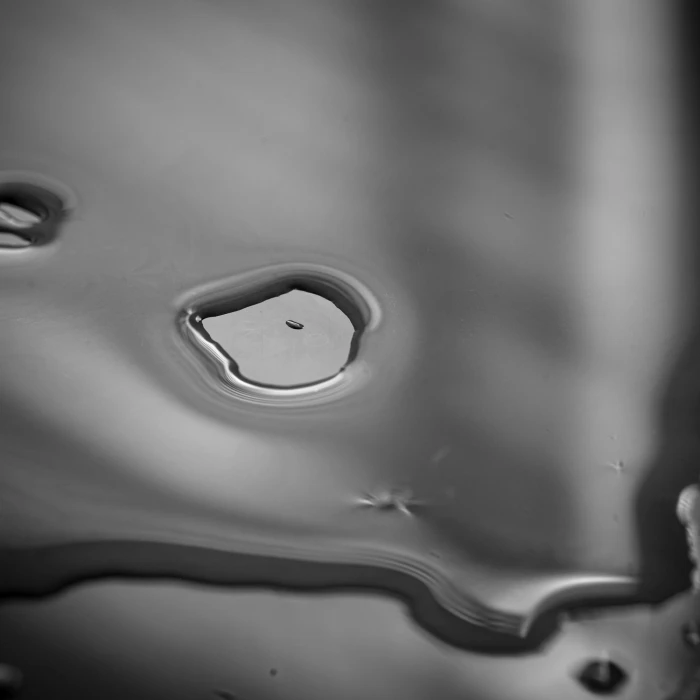

PFAS stands for – Per- and polyfluoroalkyl substances, a group of synthetic chemicals.
Extremely durable – Nicknamed "forever chemicals" because they don’t break down easily.
PFAS are a group of man-made chemicals that have been used in a wide range of industries for many years. They are known for their resistance to heat, oil, water, and stains, making them ideal for applications like firefighting foams, as well as non-stick pans and waterproof clothing.

Long-lasting pollution – PFAS don’t break down, so they stick around in soil and water for decades.
Contaminates water and soil – They seep into groundwater and rivers, making it expensive and tough to clean up.
Build up over time – PFAS accumulate in the environment and living creatures, leading to long-term exposure.
Health problems – Exposure has been linked to issues like developmental delays, low birth weight, and other developmental problems.
Weakens the immune system – PFAS can make it harder for your body to fight off infections.
Cancer risk – Some PFAS chemicals are connected to an increased risk of cancers, particularly kidney and liver.
Disrupts hormones – PFAS can mess with the body’s hormone balance, leading to various health issues.
Harmful to wildlife – Animals, especially those in water, suffer from PFAS exposure.
Hard to clean up – PFAS are tough to remove from water and soil once they’re there.
Tougher regulations – Many countries are cracking down on PFAS due to their harmful effects on health and the environment.

From commercial to domestic settings, becoming more environmentally conscious is something many of us are dedicated to. By building your fire protection processes from the ground up with the environment in mind, you can ensure that every aspect of your premises is as environmentally friendly as possible.

A. Alongside many foam fire extinguishers, PFAS can be found in non-stick cookware, cleaning products, water-resistant fabrics, and personal care products like shampoo and nail polish.

A. Some PFAS can take more than 1000 years to break down.

A. Fluorine-free foam is constructed from hydrocarbons, similar to fluorinated foam. However, it is completely free of fluorosurfactant, allowing it to break down much more easily while still extinguishing fires effectively.

A. There are currently no laws surrounding the sale of products containing PFAS. However, this may change in the future.
We use cookies to enhance your site experience. Choose your preferences below.

